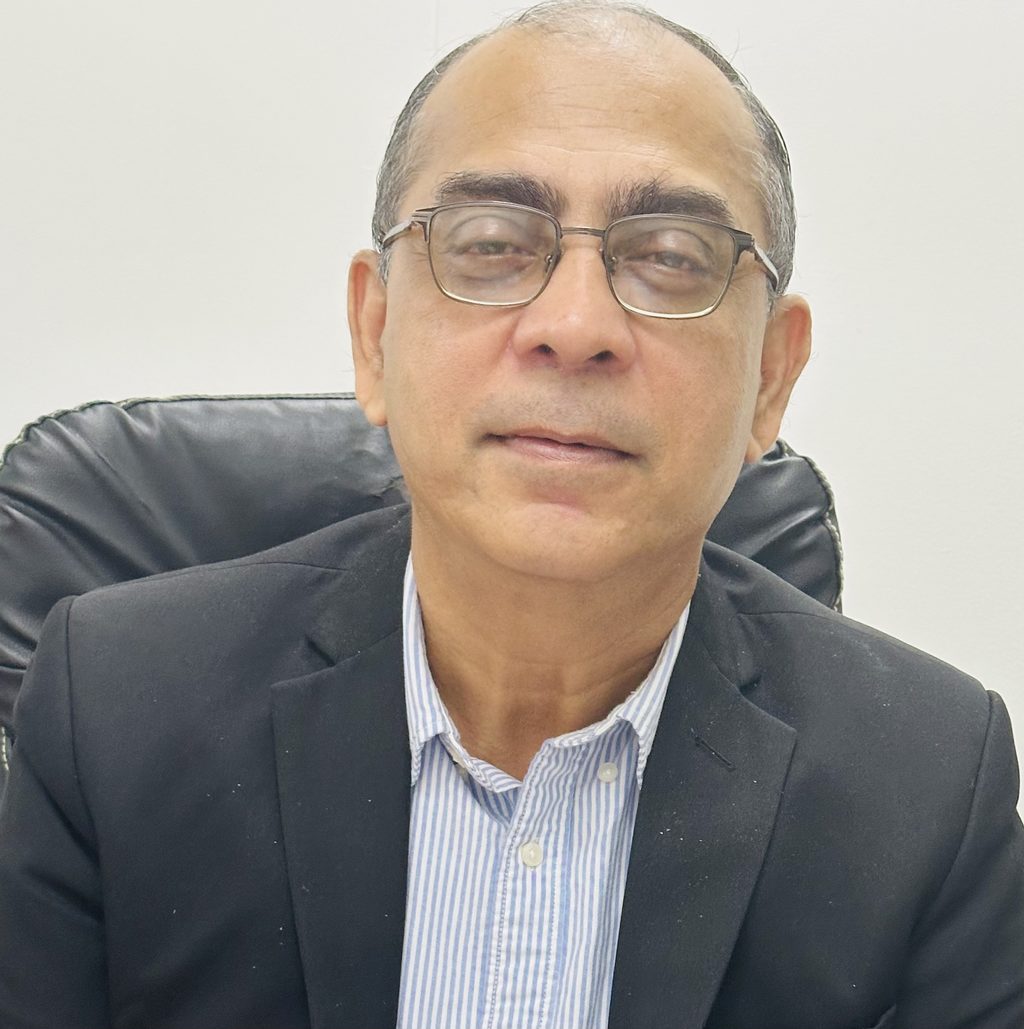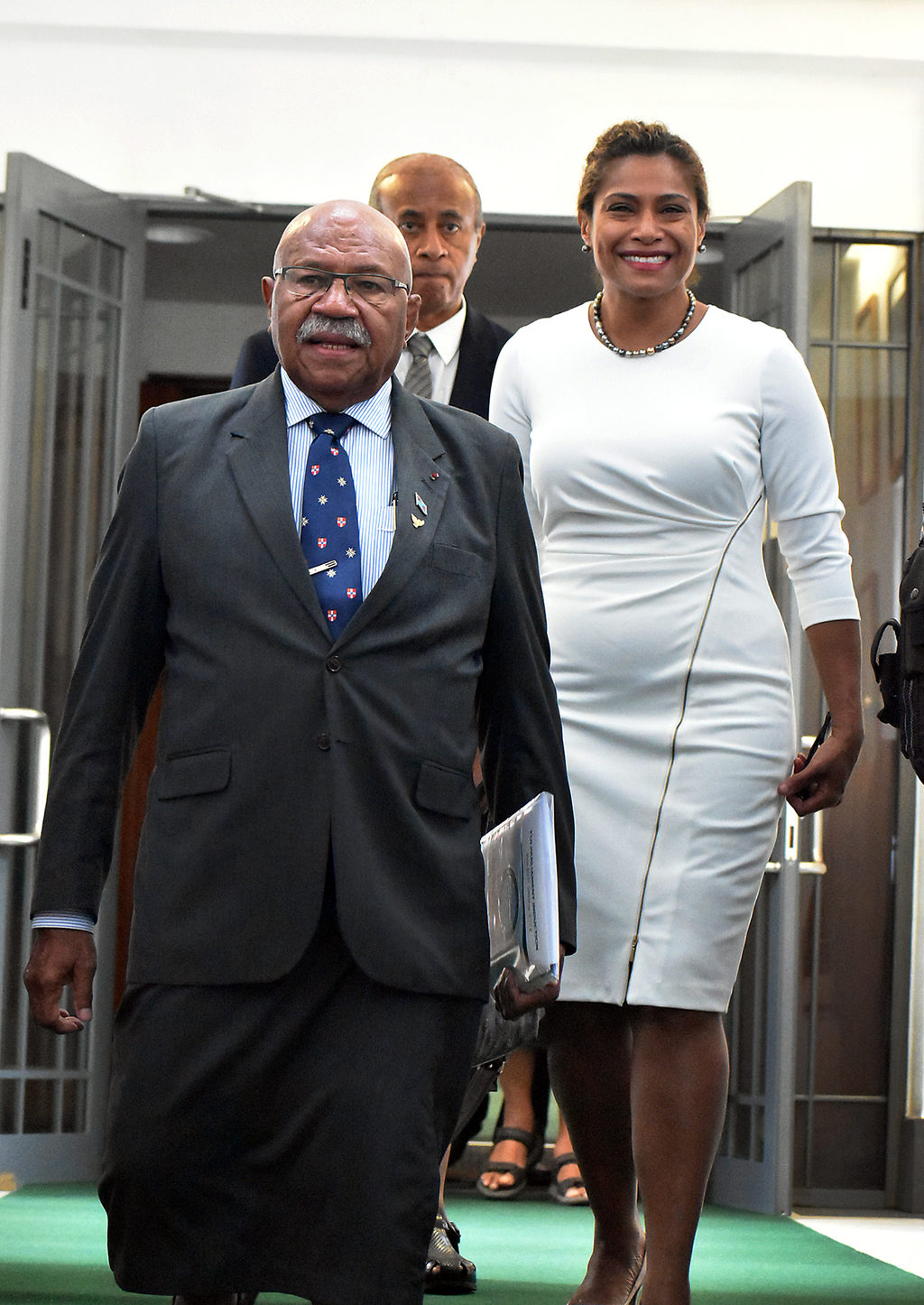Recent tragic cases, from the brutal killing of a well-known medical professional, to the bullying of women in public life, have heightened calls for greater action to safeguard national unity and individual dignity.
Associate Professor in Pacific Journalism at the University of the South Pacific, Dr Shailendra Singh, warns that ongoing and unchecked online abuse is a major threat to the government’s social cohesion project, which is the most comprehensive and cohesive to date.
He stated that the proliferation of abuse on social media, including widespread racial vilification, could undermine and easily derail government’s effort to build a more united Fiji.
“Social media abuse is a 24-hour assault on our national dignity,” Dr Singh said.
“The problem appears to be worsening, and the damage to our country is profound. We finally have a cohesive social strategy, but all that progress risks being undone if we neglect abuse on social media. What’s the point of fixing the roof if you leave the foundation to rot?”
Dr Singh pointed to recent cases as evidence of a mounting crisis, such as the murder of prominent Nadi-based doctor and influencer Dr Isireli Biumaitotoya, the recent viral video showing the bullying of a young boy, and the relentless spread of racial abuse online.
“Despite years of debate and hand-wringing, we are no closer to addressing this problem,” he said.
While Fiji has established an online safety commission, Dr Singh believes its impact has been limited at best.
He said latest data on the number of cases is not readily available and it’s likely that many cases are likely going unreported, with numerous victims suffering in silence to avoid stigma, as victim-blaming was a big part of the problem.
Dr Singh said that if powerful individuals, such as female members of Parliament, can be targeted, imagine how vulnerable the weaker members of society must be.
“Abusers act with impunity because they are emboldened by inaction on the part of authorities so they don’t face any consequences.”
Dr Singh admitted that it was a complex problem, since any overreaction on the part of authorities could be construed as a breach of freedom of expression.
While a clear line must be drawn when it comes to abuse, he cautioned against solutions that curtail freedom of expression, given Fiji’s recent history of repression.
Instead, he called for a balanced national effort, with both short- and long-term strategies.
Legislation should be accompanied with grassroots education in schools to instil respect for women and girls, appreciation of multiculturalism, and the importance of community bonds.
“These lessons should rightly begin at home,” he said. “They should be taught by parents. The current state of affairs makes us question whether parents are teaching them right things.
“The time for action is now,” he stressed. “Our band-aid solution is not working. A nationwide awareness campaign, backed by legal enforcement against the worst offenders, is needed.
“The authorities need to show that they mean business.”
A wake-up call
The Fiji Human Rights and Anti-Discrimination Commission has also spoken out against social media abuse, describing the situation as a “national crisis”.
Commissioner Alefina Vuki recently said the killing of Dr Biumaitotoya who was also known online as Leighley Leli Darling, should serve as a “horrifying wake-up call”.
“Violence, particularly when motivated by hate or discrimination, knows no boundaries and is no longer confined to society’s most vulnerable,” Ms Vuki said.
“This case proves that even professionals are not protected. It is a wake-up call for all of us.”
She noted that many cases of violence remain hidden, especially within homes, where families quietly reconcile abuse to preserve honour.
“Violence is never the answer, even in personal disputes,” she said, urging communities to reject the normalisation of abuse in both public and private spaces.
Rabuka’s “Ocean of Peace” tested
Prime Minister Sitiveni Rabuka, who has long promoted his vision of an “Ocean of Peace” for the Pacific, said such peace must first be achieved at home.
The tragic death of Dr Biumaitotoya and the rise in online hate speech, gender-based violence, and bullying, he warned, threaten that goal.
“It is unchristian to go into violent reactions against somebody who differs from you,” Mr Rabuka said. “All religions share the same values, you don’t go and offend or look down on someone who differs, whether in sexual orientation, physical condition, or whatever reason. To do so would be very unkind.”
In a heartfelt post on social media last week, the Prime Minister described Dr Biumaitotoya as an individual who made “meaningful contributions” to human rights discussions and extended condolences to his family.
An MP’s personal ordeal
For Minister for Information Lynda Tabuya, the fight against online abuse is and has been deeply personal.
A victim of cyber harassment herself, she experienced nationwide scrutiny after a personal video was stolen and leaked online, an ordeal that saw her temporarily lose her leadership roles in government before being reinstated to Cabinet this year.
“What I am dealing with is the grim reality of what two-thirds of women and girls in Fiji face, technology-facilitated gender-based violence,” Ms Tabuya said in an interview with The Fiji Times earlier this year.
“This type of violence occurs when private images and videos are circulated without consent. It must stop if we are truly committed to ending violence against women and girls.”
Tabuya has also called for stronger policies both in Fiji and across the region, noting that many perpetrators operate from overseas.
“Women MPs need to reach out to those countries where those people live because the laws are much stronger,” she said.
“But it’s also a lesson for us within Fiji to strengthen our laws so we can stand up against online bullying.”
Despite the trauma, Ms Tabuya said women in politics must remain resilient.
“The world is unfair, and being a woman in politics, we face a lot of injustices. But it also makes us more determined to stand up and be heard.”
United response and personal reflection
With this crisis staring at us in the face, the message cannot be any clearer.
The nation can no longer turn a blind eye to what is obviously becoming an insidious threat to societal stability and the socio-economic wellbeing of the people, particularly the youth.
Action must be swift, bold, and united. Is our government however going to take the bull by horns and initiate something tangible, or do we the people need to take the first step in holding each other accountable and demand a much better standard of engagement within the social media space?
As Dr Singh of USP stated, “We cannot stand by while social media abuse escalates, causing immense harm to individuals, families, and the fabric of our society. The time for action is now.”
And as PM Rabuka has intimated, how can Fiji lead and propagate the: “Ocean of Peace” for the region when our own house is not in order.

Picture: SUPPLIED



